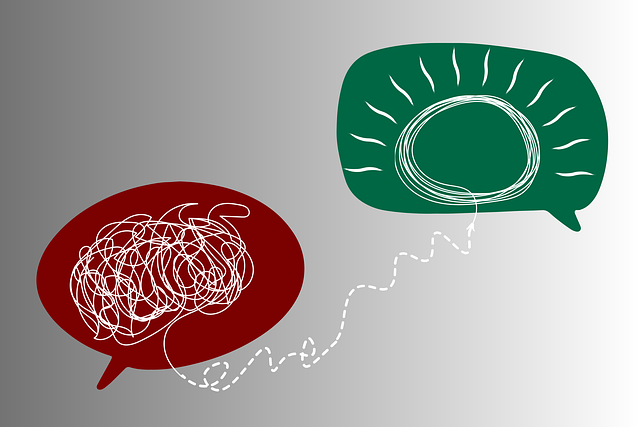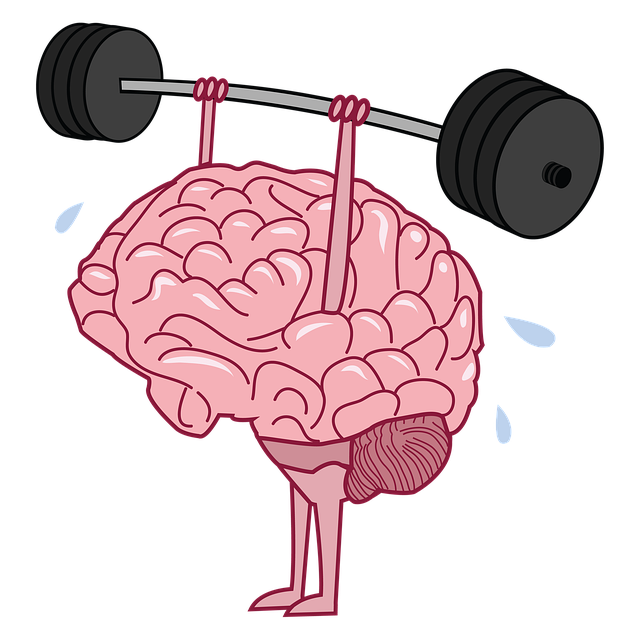Lakewood First Responders Therapy promotes mental wellness through journaling, helping first responders process high-stress situations and prevent depression by fostering self-awareness and developing personalized coping mechanisms. Combining regular journaling with evidence-based stress management workshops enhances emotional well-being, offering a safe space for self-exploration and building resilience. This accessible tool is effective for improving mental wellness, encouraging present-moment awareness through diverse techniques like free writing, sketching, and collage-making, with no right or wrong way to personalize the process.
Mental wellness journaling can be a powerful tool for first responders in Lakewood, offering a safe space to process trauma and manage stress. This article explores the benefits of regular journaling practices in mitigating the unique challenges faced by first responders, providing guidance tailored to their needs. From understanding the fundamentals to practical tips, we equip you with effective journaling techniques to enhance mental wellness, fostering resilience and self-care among Lakewood’s heroes.
- Understanding Mental Wellness Journaling for First Responders
- Benefits of Regular Journaling Practices in Stress Management
- Practical Tips and Techniques for Effective Journaling Exercises
Understanding Mental Wellness Journaling for First Responders

Mental wellness journaling can be a powerful tool for first responders, like those at Lakewood First Responders Therapy, who often face high-stress situations on a regular basis. This practice allows them to process and manage their emotional experiences, fostering better emotional regulation and overall mental health. By dedicating time to reflect and write, first responders can gain insights into their thoughts and feelings, enabling them to identify signs of stress or even depression prevention.
Journaling provides a private space for self-care, where professionals can express their challenges, fears, and achievements in a way that is often missing from their daily duties. It also encourages self-awareness, helping them recognize patterns in their responses to traumatic events. This practice aligns with the broader goal of healthcare provider cultural competency training, as it enables first responders to develop coping mechanisms that respect their individual needs and experiences.
Benefits of Regular Journaling Practices in Stress Management

Regular journaling practices offer a powerful tool for managing stress and cultivating mental wellness. By dedicating time to reflect on one’s thoughts and emotions, individuals can gain valuable insights into their mental states and identify patterns that contribute to stress. This process allows for better understanding of personal triggers and promotes emotional healing processes, enabling people to develop effective coping mechanisms tailored to their unique experiences.
For those seeking comprehensive guidance, Lakewood First Responders Therapy offers Stress Management Workshops designed to enhance these practices. Through interactive sessions, participants learn evidence-based strategies for navigating stress and promoting mental resilience. Incorporating regular journaling alongside these workshops can amplify benefits, providing a safe space for self-exploration and fostering continuous emotional well-being.
Practical Tips and Techniques for Effective Journaling Exercises

Journaling can be a powerful tool for self-reflection and mental wellness, especially for individuals seeking to improve their emotional well-being. For those new to this practice, here are some practical tips to make journaling an effective and enjoyable routine. Start by setting aside dedicated time each day or week; consistency is key to forming a habit. Create a safe and comfortable space where you can express yourself freely without judgment. Consider using prompts to guide your thoughts; these can be as simple as reflecting on your daily experiences, acknowledging your emotions, or exploring gratitude.
Integrate different techniques like free writing, sketching, or collage-making to make the process more engaging. For instance, Lakewood First Responders Therapy encourages clients to incorporate art and creativity into their journaling to enhance emotional expression. Additionally, focus on being present in the moment; write about what’s happening around you, your senses, and your immediate feelings. Remember, there are no right or wrong ways to journal. It’s a personal journey of self-discovery, so tailor the process to suit your needs and let it evolve as your mental health and self-esteem improve through this reflective practice.
Mental wellness journaling can be a powerful tool for Lakewood First Responders Therapy, offering a safe space to process emotions and experiences. By incorporating regular journaling practices, first responders can effectively manage stress, boost resilience, and improve overall mental wellness. Through this article, we’ve explored the benefits and provided practical tips to help you embark on your own journaling journey, fostering self-care and emotional well-being.














